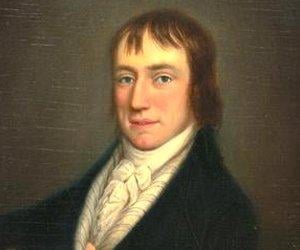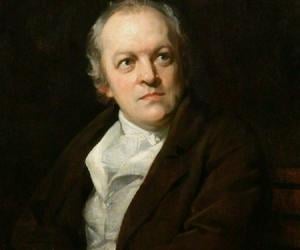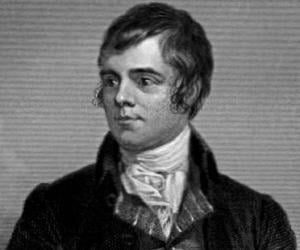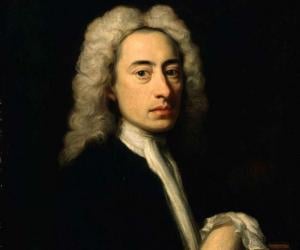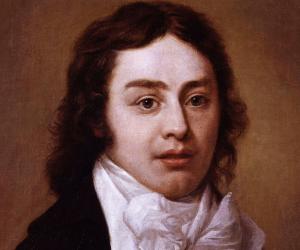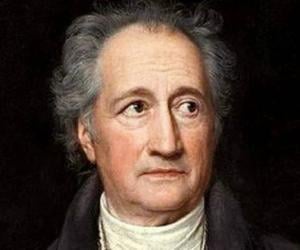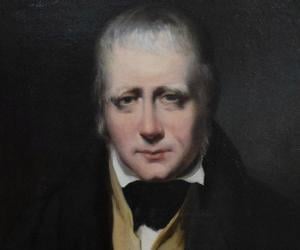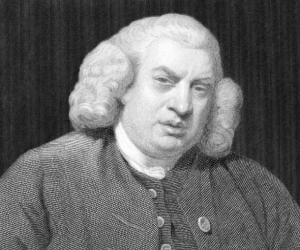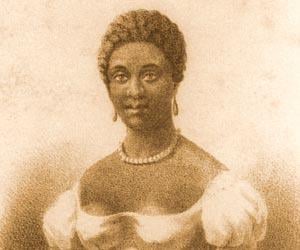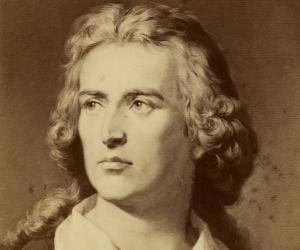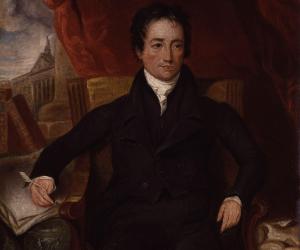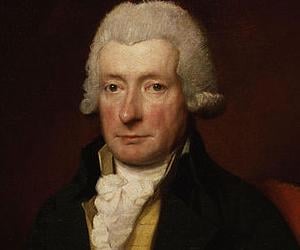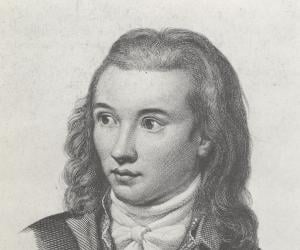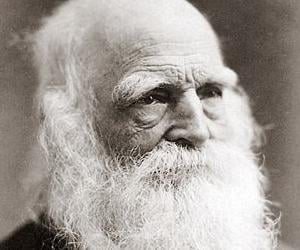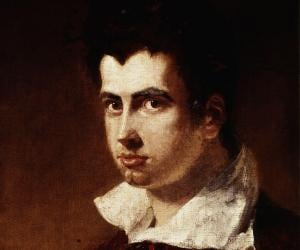English poet William Wordsworth, along with Samuel Taylor Coleridge, released Lyrical Ballads in 1798, which set the tone for the Romantic Age of English Literature. Wordsworth was known for his poems I Wandered Lonely as a Cloud, The Prelude, and The Solitary Reaper. He also served as the Poet Laureate.
Alexander Pope was a satirist and poet whose works produced during the Augustan period made him one of the greatest artistic exponents of that period. Widely regarded as one of the most important English poets of the 18th century, Alexander Pope is best remembered for writing discursive poetry and heroic couplets.
Samuel Coleridge was an English poet, philosopher, theologian, and literary critic. He is credited with co-founding the Romantic Movement in England along with his friend William Wordsworth. Despite struggling from bouts of depression and anxiety throughout his adult life, Samuel Coleridge had a major influence on American transcendentalism and writers like Ralph Waldo Emerson.
Regarded as the greatest literary figure in Germany's modern era, Johann Wolfgang von Goethe was a statesman and writer. Apart from writing poetry and prose, he also wrote treatises on color, anatomy, and botany. Thanks to his literary genius, Goethe was made part of the Duke's privy council in Weimar and he implemented several reforms at the University of Jena.
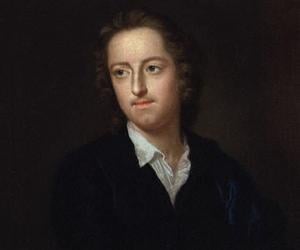
Eighteenth-century essayist, poet, and pamphleteer Jonathan Swift is remembered for his iconic works such as A Tale of a Tub, A Modest Proposal, and Gulliver's Travels. One of the world’s greatest satirists, he gave rise to the deadpan Swiftian style. He had also been the Dean of St. Patrick's Cathedral.
Walter Scott was a Scottish novelist, poet, historian, and playwright. Scott's ability as a writer and his knowledge of history made him a pioneering figure in the formation of the historical novel genre. An influential writer, many of his works remain classics of Scottish as well as English-language literature. Scott was admired by other prominent writers like Letitia Elizabeth Landon.
Essayist, biographer, lexicographer, and literary critic Samuel Johnson, or Dr. Johnson, is remembered for his A Dictionary of the English Language and Lives of the Most Eminent English Poets. He was also a poet, a playwright, and a staunch Tory. His mannerisms indicated he had Tourette syndrome.
Friedrich Schiller was a German poet, physician, philosopher, playwright, and historian. Schiller is best remembered for his friendship with Johann Wolfgang von Goethe and the two discussed issues concerning aesthetics. Schiller's discussions with Goethe paved the way for a period, which came to be known as Weimar Classicism. Friedrich Schiller is also widely regarded as Germany's most prominent classical playwright.
Renowned British essayist Charles Lamb was a major figure of the Romantic period. He is best remembered for his Essays of Elia and his book of abridged versions of Shakespeare’s plays, Tales from Shakespeare, which he co-wrote with his sister, Mary. He had also once spent time in a mental facility.
Poet and philosopher Friedrich Leopold, better known as Novalis, was a significant figure of German Romanticism. He narrated the loss of his 15-year-old fiancé to tuberculosis in his Hymns to the Night. He himself died of the disease a few years later. He was also well-versed in natural sciences.

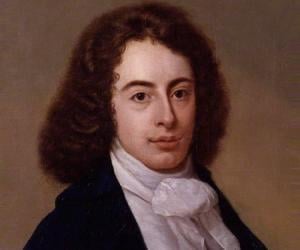
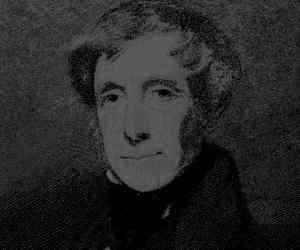
Known for poems such as Abou Ben Adhem, 19th-century English poet, critic, and essayist Leigh Hunt had founded the newspaper The Examiner, with his brother. Apart from critiquing the politics, theater, and art of his time, he also criticized Prince Regent George, an act that put him behind bars briefly.
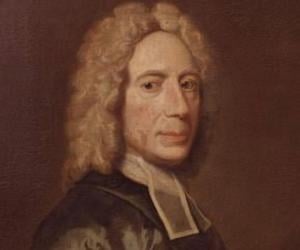
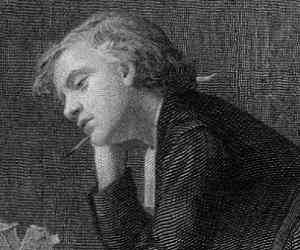
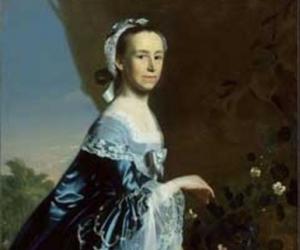
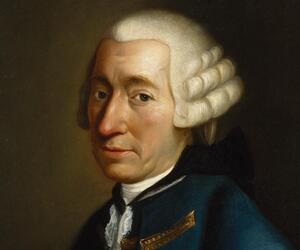
Best known for his picaresque novels such as The Adventures of Peregrine Pickle, Scottish novelist Tobias Smollett was born into a family of lawyers and soldiers and initially attended medical training. Some believe he quit university without a degree, while it is also said he had served as a navy surgeon.
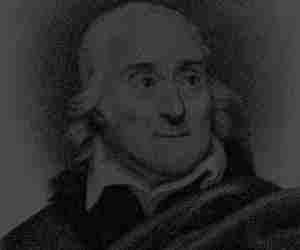
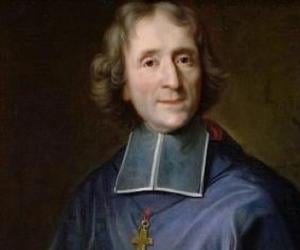
François Fénelon was a French writer, poet, theologian, and Catholic archbishop. He is best remembered for his book The Adventures of Telemachus, which was published in 1699. François Fénelon also served as a tutor of Louis, Duke of Burgundy, guiding the character formation of Louis, Grand Dauphin's eldest son.
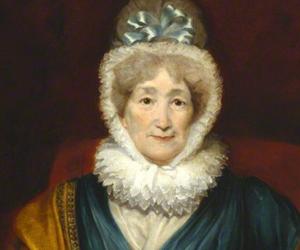
English religious author Hannah More soared to literary fame with the release of Village Politics, penned under the pseudonym Will Chip. Its popularity made her write an entire series of tracts that educated the poor. She also established clubs and schools, apart from opposing slavery along with the Clapham Sect.
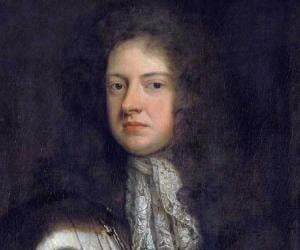
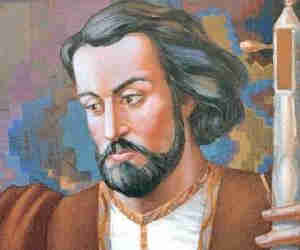
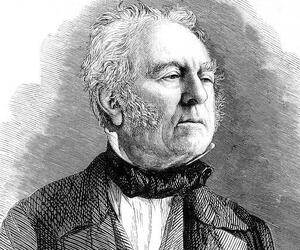
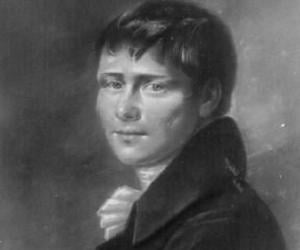
Dissatisfied with his army career, Heinrich von Kleist had also studied law and math but quit studies later to devote himself to writing. Part of German Romanticism, he penned iconic plays such as The Schroffenstein Family and Hermann’s Battle. He eventually shot himself and his lover Henriette in a murder-suicide.
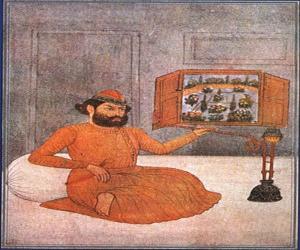
Mir Taqi Mir was an Indian poet who lived during the 18th century. He is credited with shaping the Urdu language and is remembered as one of the most important poets of the Urdu language. Mir Taqi Mir's life and career inspired the 2016 Pakistani biographical film Mah e Mir, in which Mir is played by Pakistani actor Fahad Mustafa.
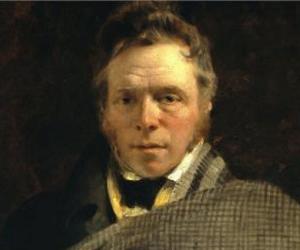
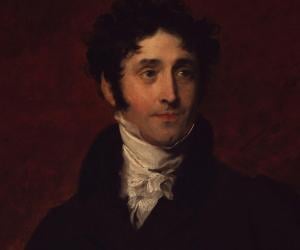
Scottish poet Thomas Campbell is best known for his emotional war poems and songs, such as Ye Mariners of England. He was also one of the men behind the formation of University College London. Though he initially intended to study law, he later ended up writing some of the best patriotic lyrics.
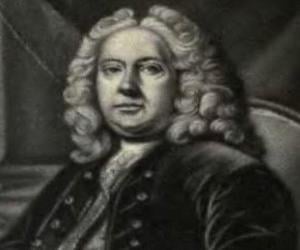
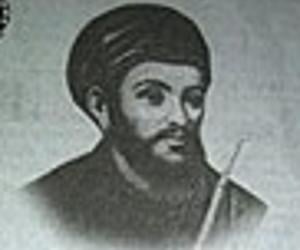
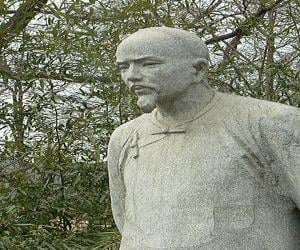
Cao Xueqin was a Chinese writer who was active during the Qing dynasty. Cao is best remembered for authoring one of the Four Classic Chinese Novels, Dream of the Red Chamber. Although he garnered no or little fame during his lifetime, Cao Xueqin achieved posthumous fame and his works continue to influence new generations of Chinese poets and novelists.
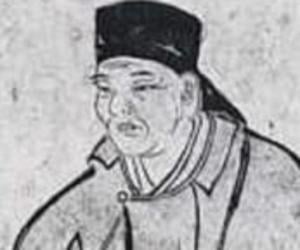
Nineteenth-century Japanese haiku poet Kobayashi Issa, or Issa, who had penned more than 20,000 haiku, remains one of the Great Four haiku masters of his country. Known for his simple and lucid language, he mostly wrote about the common man. He is also said to have originated the Japanese I novel.
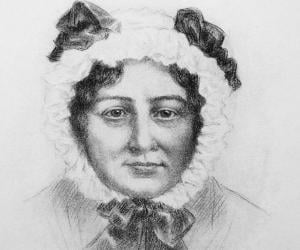
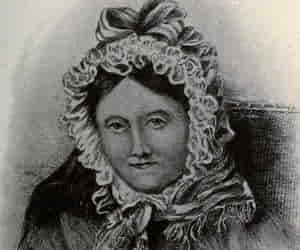
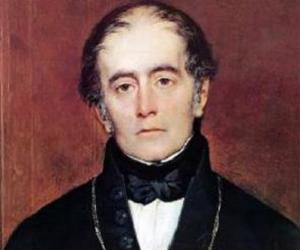
Regarded as the intellectual father of South America, Venezuelan-Chilean poet Andrés Bello one taught revolutionary leader Simón Bolívar and also inspired the struggle for Venezuelan independence. He established the University of Chile and also penned masterpieces such as Las Silvas Americanas. As a legislator, he inspired the Chilean Civil Code.
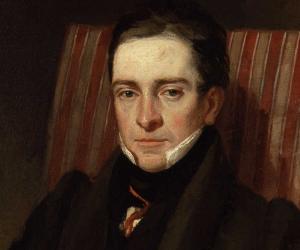
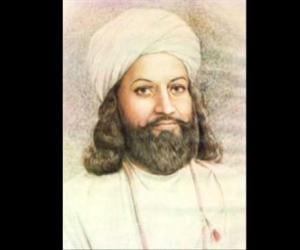
Waris Shah was a Punjabi Sufi poet best remembered for his immense contribution to Punjabi literature. He is renowned for his work Heer Ranjha, which has been adapted into many feature films and TV series. Waris Shah's life and career inspired the 2006 internationally acclaimed Indian Punjabi language film, Waris Shah: Ishq Daa Waaris.
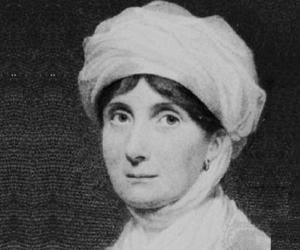
Joanna Baillie was a Scottish dramatist and poet who recieved critical acclaim for her works, such as Fugitive Verses and Plays on the Passions. One of her most popular works DeMonfort helped inspire Byron's drama, Manford. Baillie was also known for her philanthropic efforts; she donated half her earnings to charity and took an active part in several philanthropic activities.
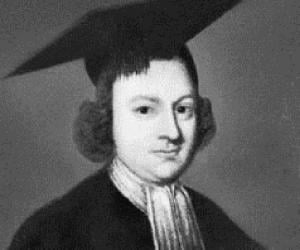
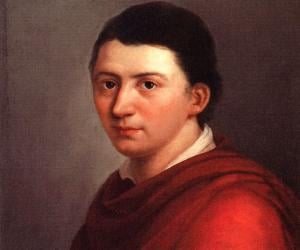
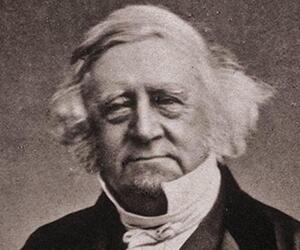
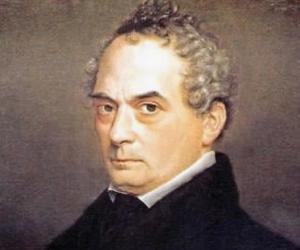
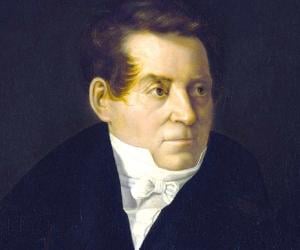
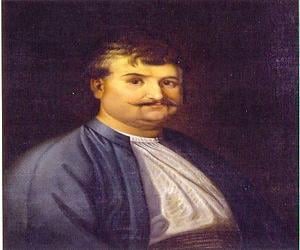
Rigas Feraios was a Greek writer, revolutionary, and political thinker. A front runner of the Greek War of Independence, Feraios is revered as one of the most important national heroes in Greece. Rigas Feraios is also credited with kindling the Greeks' love of freedom.
